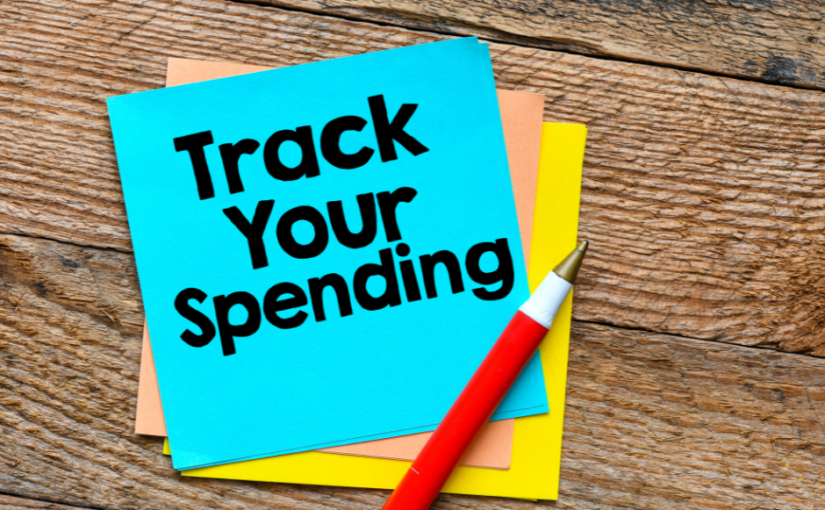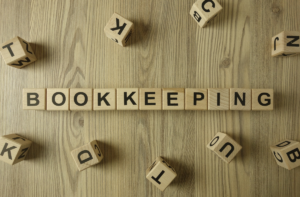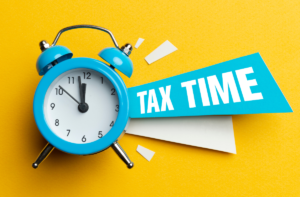- Track Your Spending and Expenses:
- Begin by getting a clear view of where your money is going day-to-day.
- Choose how long to track:
- For daily spending, track for at least one week. This helps you see all the money going out.
- For recurring expenses, consider a fortnightly or monthly tracking period. This provides a more realistic picture.
- Record your spending:
- Use transaction statements from online banking or hard-copy statements.
- Alternatively, use a phone app to track expenses at the time of spending.
- Write down the amount, item (or store name), and date.
- Track both cash and card purchases.
- Look at Your Spending Habits:
- Identify where your money is going:
- Small expenses can add up significantly.
- Uncover hidden costs like account fees, unused subscriptions, or mistaken transactions.
- Be mindful before making purchases:
- Ask yourself: “Do I need this right now? Can I get it cheaper elsewhere?”
- Being aware helps you control spending choices.
- Identify where your money is going:
- Change Your Spending Habits:
- Start with one spending habit:
- Separate needs (essential items) from wants (things you can cut back on).
- Cancel unnecessary subscriptions or reduce small, frequent expenses.
- Begin a savings habit:
- Use the money saved to set up a savings account or emergency fund.
- Start with one spending habit:
For more details, you can visit the full article on Moneysmart.gov.au1.










